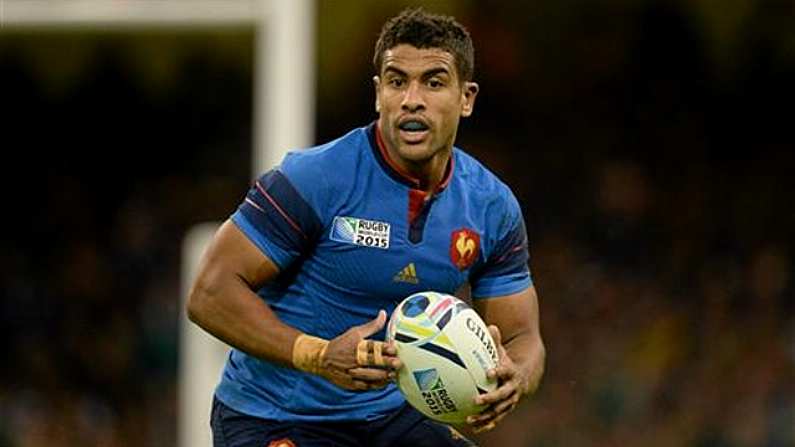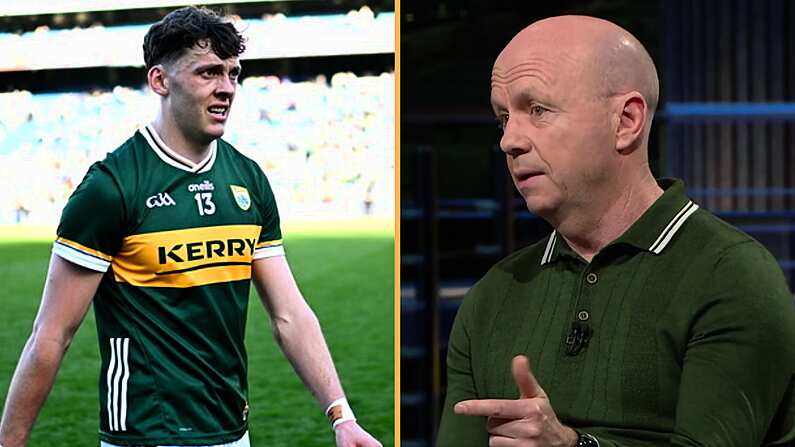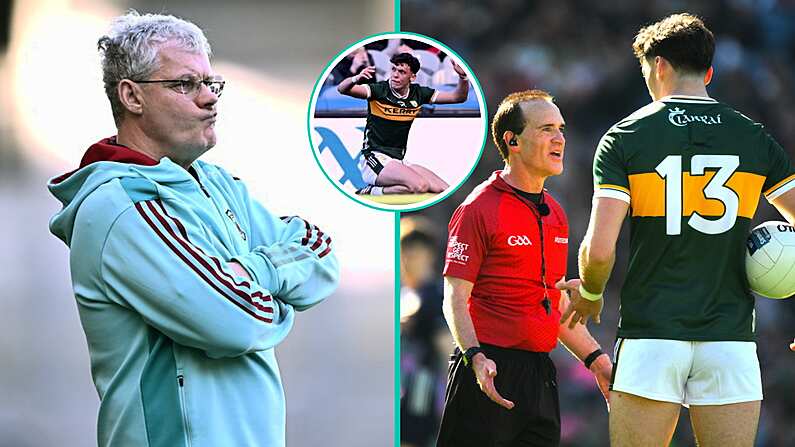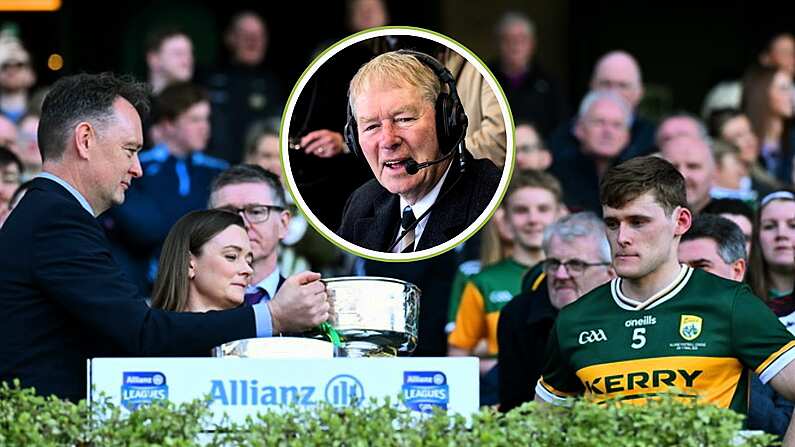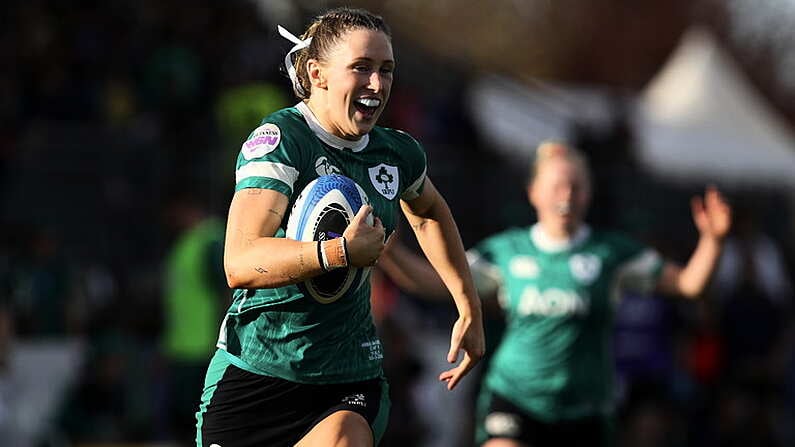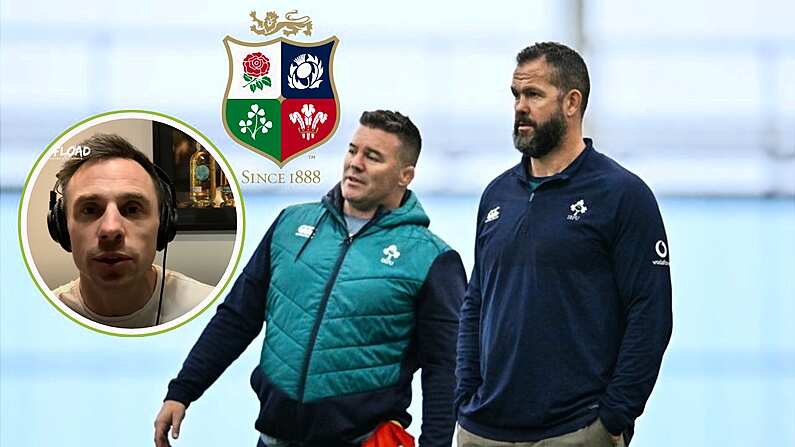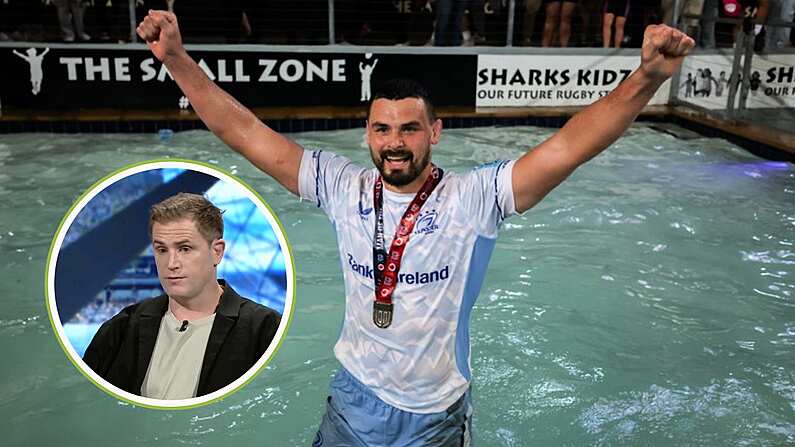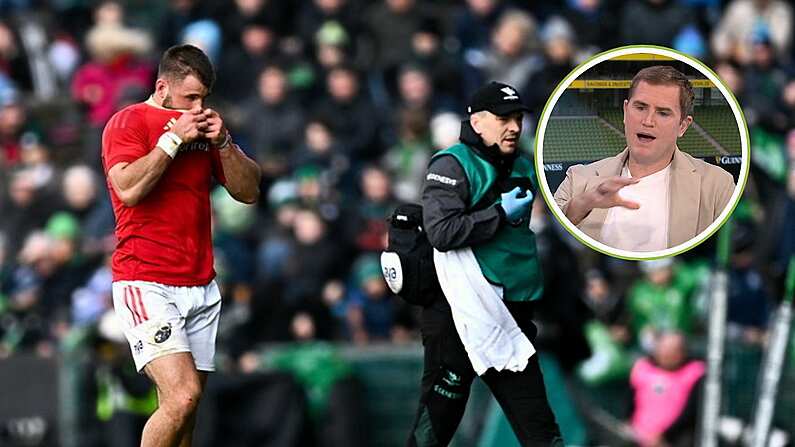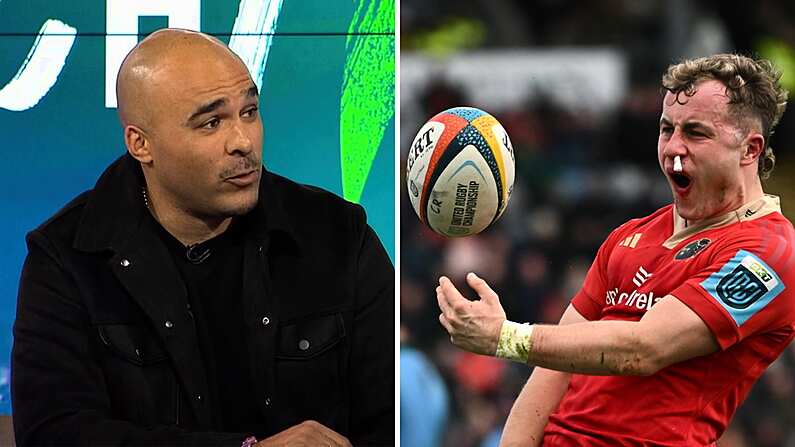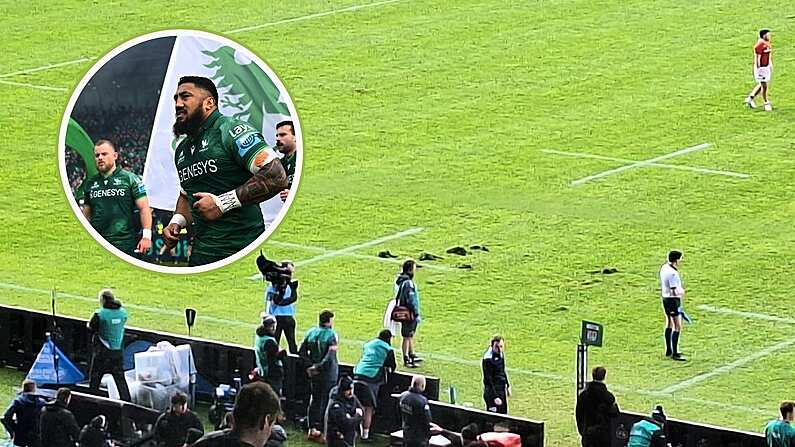Readers over the age of 10 may recall a time when French rugby was associated with flair.
Yes, before the owners of the Top 14 clubs collectively decided that flair was a needless frippery that had no place in their charmless enterprise, France was renowned for the stuff.
Indeed, the terms 'French' and 'flair' were synonymous of a long time (aided by alliteration).
Wesley Fofana
Whenever Ryle Nugent looks down at a teamsheet and sees that Fofana's name isn't there, he must feel the unmistakable urge to slink off home.
With bone-headed, unimaginative and unsympathetic coaches standing over his shoulder, he may find it hard to amass as lengthy a highlights reel of some of his predecessors.
Has had to showcase his flair in a team that has typically been losing, an unusual phenomenon in French rugby.
Serge Blanco
French rugby in the 80s, their backs moved like whippets, their jerseys loosely rippled in the breeze. They tossed the ball around, always operating (and thriving) on the edge of chaos. Whenever a pass went astray that was merely a prelude to another piece of dazzling, improvisational rugby, keeping the move alive on the way to a triumphant touchdown in the corner. Rugby union was a much messier, more anarchic game back then and the French were the most anarchic of all. Their backs were marvels of free association.
By contrast, Ireland's backs were marvels of selfless patience, who's primary, indeed sole, task, in fruitlessly chasing down kick after kick from the out-half. On long, chastening afternoons in the Parc des Princes, Ireland always looked a mixture of bewildered, knackered and even half-admiring as they watched the French backs flit past them in the course of another licking in Paris.
They had many great names, Sella, Lagisquet, Camberabero (they also had a lock called Jean Condom). But the coolest of all was Blanco. A stylish runner, a casual risk-taker, an absurdly athletic chain smoker and a prolific try scorer.
Blanco is a central figure in this story...
Emile N'Tamack
In his pre-match team talk before Ireland's game in Paris in 1996 - one of the more frightful hammerings Ireland have received in the French capital - controversial 'manager' Pa Whelan rallied the players on the death ground by telling them not worry about any of France's supposed dangermen. Especially not their tall black winger 'Natamack'.
'I don't give a fuck about any of their lads, especially Natamack', he said. His pronunciation was only marginally more off the mark than his assessment of the threat posed (except, he didn't really assess the threat so much as refuse to assess it).
The maligned 'N'tamack' proceeded to score two tries and Ireland were beaten 45-10.
The previous year, in the World Cup quarter-final, he ruined Brendan Mullin's swansong as an international player by intercepting a pass and running the length of the field to touch down in the corner.
Freddy Michalak
French backlines have traditionally been so free-form that they haven't bothered much with the out-half position. Especially not kicking out-halves.
The main gripe with Freddy was that, if anything, he possessed a surfeit of flair and not enough backbone. He made the Leinster outside backs in the 'ladyboy' era look like a gnarled and earthy Munster pack.
Patrice Lagisquet
'The Bayonne Express' - a nickname which might evoke power but, in this case, is redolent of speed - was one of the tastiest players in the French backline of the 1980s.
He was lithe and, like many players from that era, looked amazingly thin to be an international rugby player.
He formed an essential part of the most stylish back-line in the history of the world, the French back-line of the 1980s.
Keith Duggan has written lovingly about the man.
One can make arguments for Bastille Day or Brigitte Bardot or Notre Dame or Serge Gainsbourg or Proust or Zidane, but the sight of Patrice Lagisquet running at full tilt with ball in hand showed off the essence of being French just as well as the mightiest monument or priceless work of art.
Phillipe Sella
An industrious and mousey centre, Sella won over 100 caps for France between 1982 and 1995. Unlike many of his peers, he was old enough to have played on a French team which knew what it was to lose to Ireland (1983). Aside from that, it was victories all the way.
Read more: Paul O'Connell Is Back Where He Belongs As The Biggest Banner In Ireland Returns

